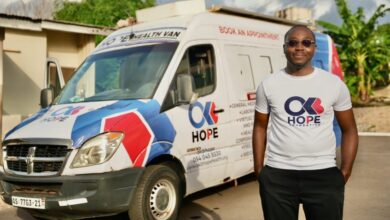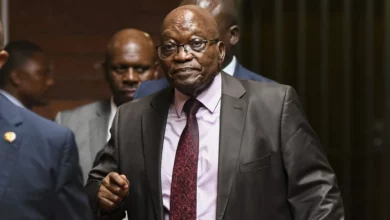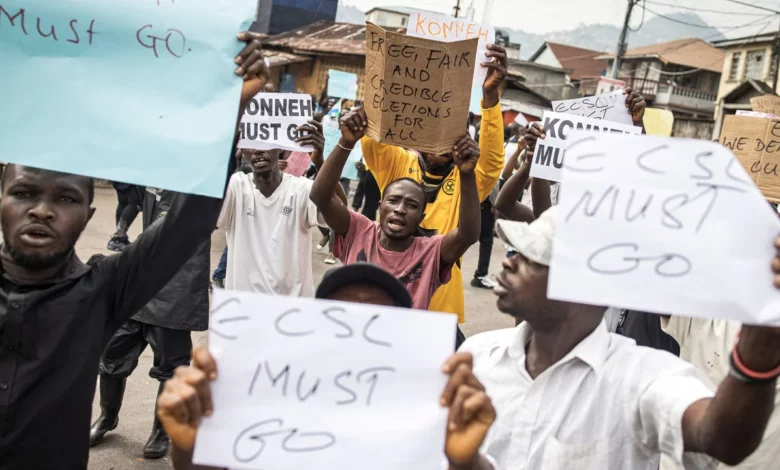
Sierra Leone is gearing up for crucial presidential elections on Saturday amid growing discontent and calls for change from its citizens.
This will be the fifth election since the end of the country’s brutal civil war, which ended 21 years ago.
Sierra Leone has also faced devastating epidemics, including Ebola in 2014 and the Covid pandemic.
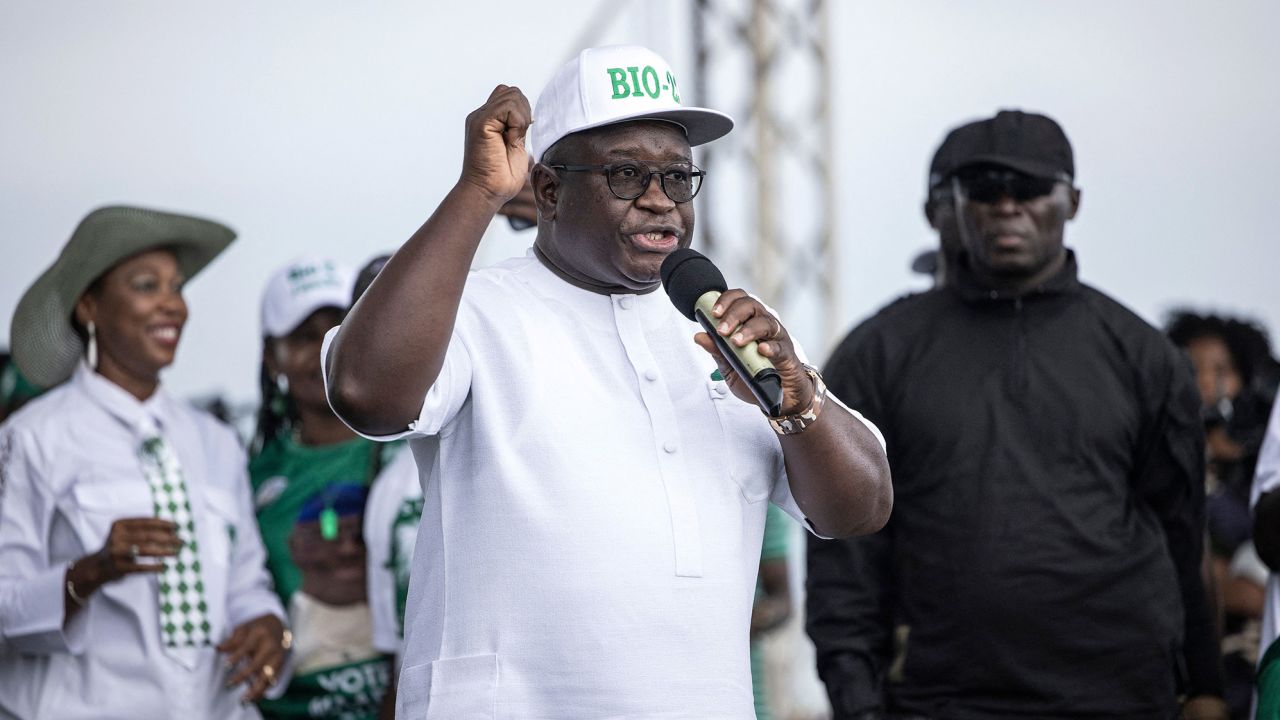
Twelve candidates are challenging Maada Bio, 59, in the general election, including the leader of the opposition ‘All People Congress’ (APC) party, Samura Kamara.
Kamara, a former cabinet minister, 72, is facing trial on corruption charges which he denies. The case has been adjourned until after the general election.
‘The people are tired’
The mood in the country is tense as the country prepares for the high-stakes elections.
Earlier in the week, police officers fired rubber bullets and teargas at supporters of the opposition party, All People’s Congress (APC), during a protest in the capital Freetown calling for the Chief electoral Commissioner, Mohamed Konneh, to step down after allegations of electoral fraud.
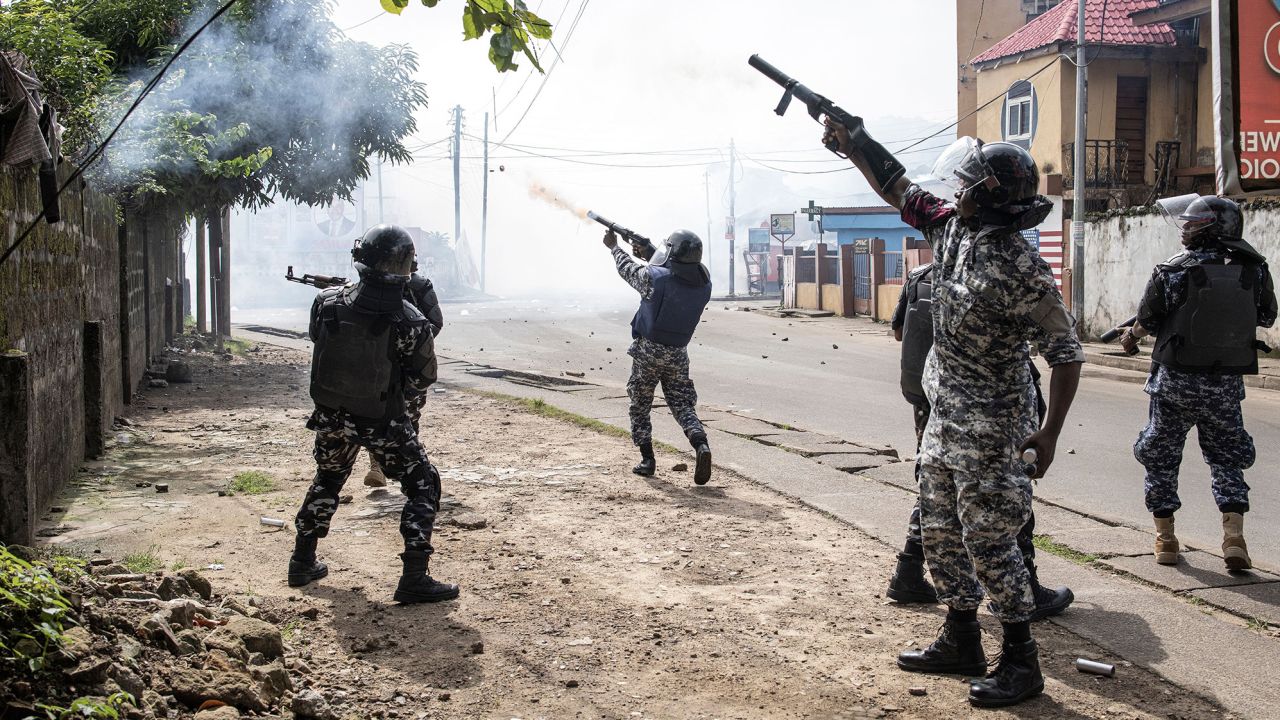
The United Kingdom, the United States, Ireland, Germany, France, and the European Union issued a joint statement urging all parties to remain peaceful.
Sierra Leoneans are concerned about several issues, including economic management, food shortages, healthcare services, infrastructure development, and education.
Many citizens say they are frustrated with high inflation rates and unemployment levels, as well as political violence and corruption.
” …We are not seeing any prospect that the prices are coming down because the dollar inflation is very high. Everything is very high,” said Aminata Fanta Koroma, an APC party member.
While Samura supporter Kadira Rodhe Kamara said: “We are tired with the austerity, we’re tired with the problems, the killings, the brutality, tribalism, nepotism, all kinds of things. You know, no democracy, no freedom of speech. The people are tired.”
President Bio has promised to tackle these problems by feeding the nation and creating half a million jobs for young people if re-elected.
However, Sierra Leoneans remain uncertain about their future as the country remains one of the poorest in the world despite its abundant diamond resources and other minerals.
The illicit trade in these gems, commonly referred to as “blood diamonds” due to their association with conflict financing, exacerbated the civil war.
Youth vote crucial
Sierra Leone has a population of around 8.8 million, but less than half (3.3 million) are registered to vote in this election.
The country has been facing a number of issues, including a soaring cost of living and massive unemployment.
Inflation rates in April were recorded at around 37% according to the International Monetary Fund (IMF).
The outcome of the elections is expected to depend largely on the younger demographic as people under the age of 35 make up around 60% of the voting-age population.
A significant proportion of this group belongs to the post-war generation, who have grown up in a country grappling with poverty, unemployment, and political instability.
However, Ishmael Beah, a former child soldier and author, turned human rights activist told CNN the youth are not hopeful of change.
“The general mood of the country is it’s not hopeful at all because… the security situation has gotten tense in the way that you have more presence of armed police, armed military that are basically patrolling the streets as if going to an election is also going to war.”
Beah added that the two political parties have not “presented any policies or any ideas of what they are going to do and that are credible. There was no presidential debate to talk about policy,” he said.
Crackdown on protests
There have been concerns of unrest in the run-up to the poll, similar to deadly anti-government protests that broke out last August, over the rising cost of living.
Following August’s protests, President Bio ordered a crackdown as he believed the protests were part of an attempt to overthrow his government.
“This was not a protest against the high cost of living occasioned by the ongoing global economic crisis. The chant of the insurrectionists was for a violent overthrow of the democratically elected government,” he said at the time.
To be declared winner, a presidential candidate must secure 55 percent of the total votes. If this is not achieved in the first round of voting, a run-off election will be held between the two candidates with the highest votes — as was the case in the 2018 election.
CNN’s Sarah Dean contributed to this report

